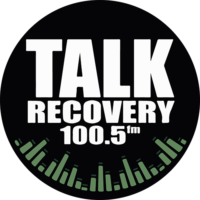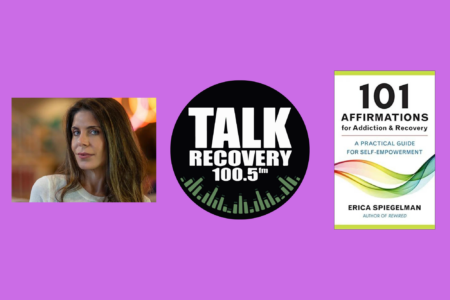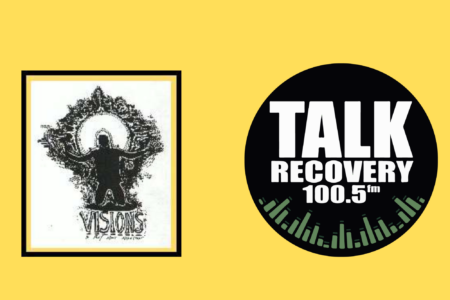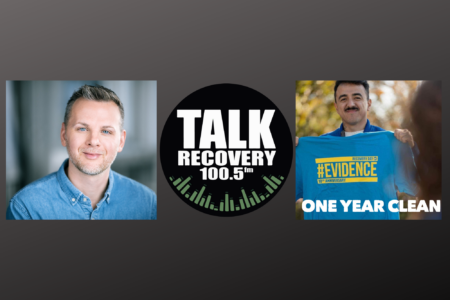The Neuroscience and Experience of Addiction
Talk Recovery RadioTalk Recovery Radio airs every Thursday on 100.5 fm in Vancouver from 12 pm to 1 pm, hundreds of shows over 6 years. Bringing addiction recovery issues to the airways. Powered by Last Door Recovery Society
Replay the show:
Never Enough: The Neuroscience and Experience of Addiction
Dr. Judith Grisel was a daily drug user and college dropout when she began to consider that her addiction might have a cure, one that she herself could perhaps discover by studying the brain. Now, after twenty-five years as a neuroscientist, she shares what she and other scientists have learned about addiction, enriched by captivating glimpses of her personal journey.
In Never Enough, Grisel reveals the unfortunate bottom line of all regular drug use: there is no such thing as a free lunch. All drugs act on the brain in a way that diminishes their enjoyable effects and creates unpleasant ones with repeated use. Yet they have their appeal, and Grisel draws on anecdotes both comic and tragic from her own days of using as she limns the science behind the love of various drugs, from marijuana to alcohol, opiates to psychedelics, speed to spice.
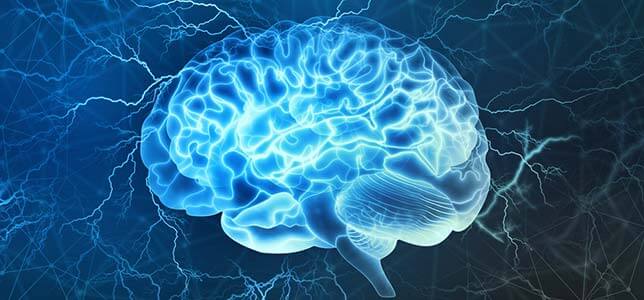
Set apart by its color, candor, and bell-clear writing, Never Enough is a revelatory look at the roles drugs play in all of our lives and offers crucial new insight into how we can solve the epidemic of abuse.
Dr. Grisel has spoke about her lived experience with addiction, she has been clean and sober for 25 years and used drugs and alcohol every day when she was in her teens and early 20s and stopped using when she was 23. Judy said she used cocaine, marijuana and alcohol. Judy did go to treatment and stopped cold turkey.
Judy says she believes that because she has experience with addiction it really helps her see how neuroscience and addiction work together. She says “I think the more heads involved the better but certainly the more experience the better” she then touches on recovering addicts being good scientists because she said there are some similarities in seeking and using drugs and seeking and finding new scientific discoveries.
Dr. Judith Grisel says Neuroscience is aimed at understanding how the brain and the nervous system works and lots of people say that addiction is a disorder of the brain. The biological basis of addictive disorders from the perspective of brain science.
When Dr. Grisel was asked how long it takes a brain to heal once in recovery she answered saying it depends on the substance. For alcohol addiction and alcohol consumption if you have used for a long time or started at early consumption the brain may never get back to what it once was. If you have been addicted and using marijuana it could just take from four to five months for the brain to recover. When recovering from an opiate addiction the brain responds well considering the strength of the substance. When using stimulants, the brain may never bounce back from that addiction.
Dr. Grisel chose the title of the book “Never Enough” because she knew that people who have experience using drugs and being in addiction/recovery would relate to that title of never having enough drugs to feed their addictions. Dr. Grisel’s first experience of using substances she knew that using drugs and alcohol was something she enjoyed doing and there was never going to be enough.
Dr. Grisel mentions how when she got to recovery she had been kicked out of three schools and was not a neuroscientist at that time and recovery was what got her to change and to be able to follow her dreams. She says, “It is not a great time in the history of the world to be enabling and encouraging more and more people to check out substances I think it is time to encourage people to wake up.” When asked about Vancouver, BC proposing vending machines filled with prescription heroine.
Guest 2
Personal Addiction Recovery Story
Niko M talks about his story of addiction and recovery and accessing addiction recovery treatment.
Using drugs since he was 23 years old and said he believes he was born an addict. Being an opiate addict Niko said he thought he would never get clean. He said that he tried so many way of getting clean before he found his place in a 12 step program. Niko tried opiate replacement therapy before cleaning up and going to addiction rehab, and felt that he was still connected to his addiction and there were still addictive behaviours apparent in his life.
While in the downtown east side he overdosed and was dead for 10 minutes, woke up in the hospital alone and did not know how he got there. He was told that he was told he died for 10 minutes and realized he survived the overdose he realized that he had a second chance at life and did not want to waste it. Niko then went to a safe place where he found recovery and found a new way to live. Niko said that the only person that was by his side in the beginning was his mother.
Waking up in treatment on his 32nd day clean, he has an new experience, when he woke up the first thing he thought about was not using, he said he felt “Free” and knew he never had to use drugs again. He said that in recovery he learned how to deal with issues in life and learned how to deal with emotions without using drugs and being in active addiction. Niko said, “I had to live through that experience (Addiction) to learn that my life is worth living” He talks about how he loves being an addict in recovery because he is able to help people and improve everyday.
Archive of all shows can be found here www.TalkRecoveryRadio.com
Listen and Subscribe
Talk Recovery airs live every Thursday at noon on 100.5 FM, Vancouver Coop Radio. The Last Door produces this weekly radio show discussing the many pathways to addiction recovery. To end stigma we must continue to talk about recovery. Talk Recovery is in its 7th Season, Hundreds of guests, thousands of listeners, thank you. Show ideas? Email community@lastdoor.org
Powered by #NewWestRecovery

